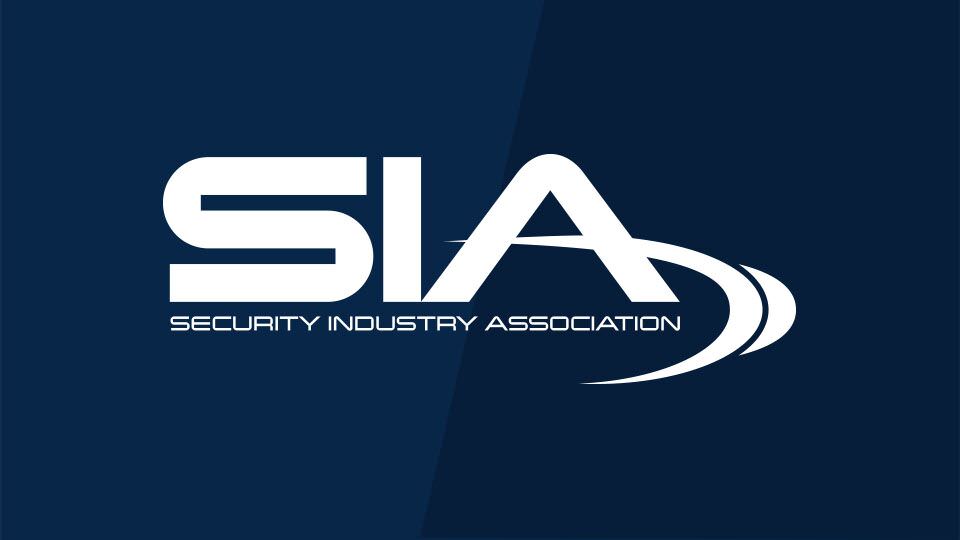How SIA Helped to Oppose Problematic IoT Legislation

On Friday, June 1, California Sen. Hannah-Beth Jackson ordered CA S.B. 327 to be placed on the inactive file, which means the bill will not receive further consideration for the remainder of 2017, but could be pursued again next year. (Read a news article on the bill’s withdrawal from the Northern California Record.)
S.B. 327, known as the Teddy Bear and Toaster Act, sought to directly regulate all devices, sensors and equipment capable of internet connectivity by requiring manufacturers to design connected devices with visual, auditory or other indicators to show when they are collecting information and to “obtain user consent” when information collection “extends beyond that which is necessary to perform a stated device function.”
The Security Industry Association (SIA) testified in opposition to S.B. 327 due to its overly broad applications of ill-defined mandates that would apply to a nearly limitless array of devices that can connect directly or indirectly to the internet, thus becoming part of the Internet of Things (IoT). Joining SIA in opposition were California industry groups led by the California Chamber of Commerce and included additional industry leaders, such as the Consumer Technology Association, the California Manufacturers & Technology Association, the National Electrical Manufacturers Association, and the Internet Association.
While S.B. 327 was amended during consideration to narrow the scope of its requirements to “household items” capable of internet connectivity, SIA argued this did not go far enough to avoid adverse impact on businesses in the residential security market along with small businesses seeking to expand investments into California.
SIA contends that such IoT-specific mandates are premature, ignoring the work industry is doing to make IoT devices more cybersecure, and potentially stifling innovation accompanying an economic phenomenon that could have an impact of up to $11 trillion per year by 2025. The U.S. Department of Commerce National Telecommunications and Information Administration (NTIA) struck the right tone in its recent IoT Green Paper by asserting that government’s role should be to create an environment that promotes development and allows technology trends to evolve by “encouraging private sector leadership in technology and standards development, and using a multi-stakeholder approach to policy-making.”
Tracking state bills like S.B. 327 and advocating for well-informed positions on behalf of the security industry is just one way that SIA Government Relations looks out for our member companies.
